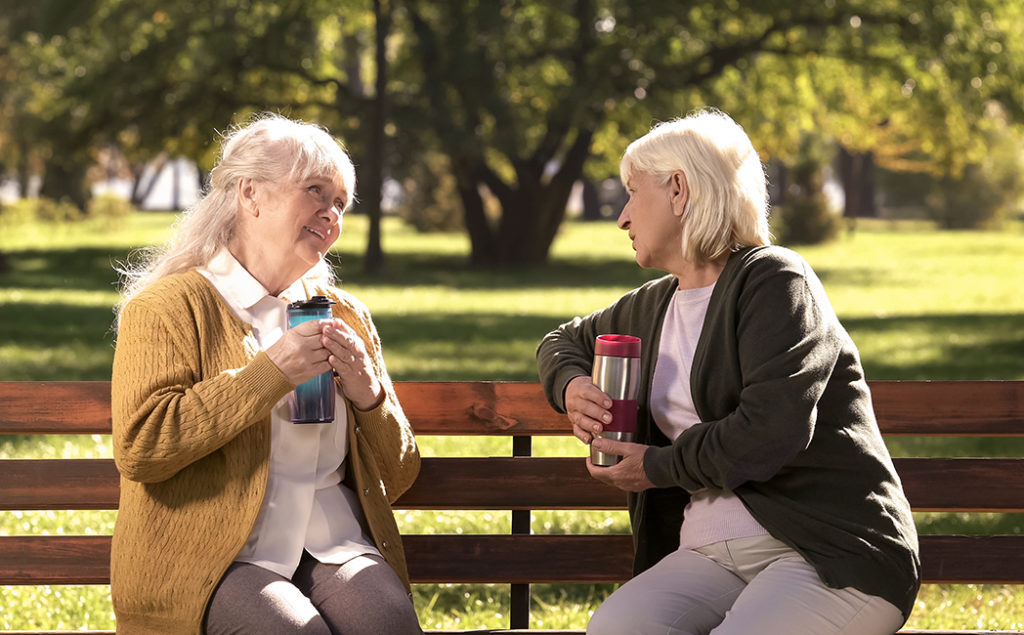Managing Emotional Eating During Lockdown

By Victoria Evans, Wellbeing Programme Consultant at Bupa UK and Registered Associate Nutritionist
Have you found yourself comfort eating through lockdown, while fighting a losing battle against cravings? We asked Victoria Evans for her advice on identifying the triggers – and she has some great advice to help us all find more satisfying ways to feed our feelings…
This past year has been filled with lots of uncertainty and change which has been really tough on our mental health. If you find yourself reaching for snacks to deal with your emotions, its more than likely you’re experiencing emotional eating.
We recently spoke to Victoria Evans – Wellbeing Programme Consultant at Bupa UK about the rise of emotional eating, and why food is our natural comforter.
What is emotional eating?
Turning to food as a way to manage emotion is known as comfort eating. People often experience it when facing a difficult situation, or feeling stressed, bored or tired.
Eating a tub of ice cream if you’re feeling low, ordering a pizza if you’re bored or eating lots of sugary snacks when you’re stressed are all examples of emotional eating.
We all have different ways of coping with stress, especially after the tough year we’ve all faced. For many, turning to food is a natural comforter but it can have a negative impact on our overall health.
Identifying your triggers and finding another way to cope with a stressful situation can help you fight your emotional eating habits.
What are some common emotional eating triggers?
Using food as an occasional pick-me up or celebration isn’t a bad thing.
However, if your first impulse when dealing with unsettling emotions is to turn to food, this can create an unhealthy cycle. The first step in being able to control emotional eating is understanding your triggers. Common triggers of emotional eating include:
- Stress – When you’re feeling stressed your body releases the hormone cortisol, which can make you crave fatty and sugary foods.
- Boredom – Eating when you’re feeling bored or unfulfilled often gives you something to do to occupy your time.
- Uncomfortable emotions – It can be difficult to address unsettling emotions – eating is a short-term coping mechanism to manage these feelings.
- Social situations – It is normal to feel anxious in certain social situations. For some, food can be used to calm nerves.
Unfortunately, emotional eating doesn’t help solve any emotional stress in the long term. It can also contribute to an unhealthy diet and can leave you feeling guilty afterwards.
Thankfully, there are lots of small, achievable steps you can take to curb emotional eating.
Reduce stress
Managing your stress levels can help you to make healthier choices. When you’re feeling stressed try doing some exercise – even though you may not feel like it, exercise releases ‘feel-good’ hormones which make you feel calmer or happier.
Alternatively taking time to relax, such as reading a book or taking a bath can also help to reduce stress. It’s important to find what works for you.
Manage boredom
Instead of snacking when you’re bored, try to distract yourself. Keeping your mind occupied with reading a book, going for a walk or participating in a hobby are all great ways of fighting boredom.
Eat mindfully
Mindful eating can help you to become more aware of how you’re feeling and your surroundings. It can also help you understand your eating habits.
When you’re eating, aim to reduce any distractions around you – you’ll become more aware of what you’re eating and when you’re full.
Eating slowly allows you to appreciate the taste and texture of your food; this will help you to enjoy your food.
Address your feelings
Taking to someone you trust about how you’re feeling can help you to open-up about your emotions and help you to feel supported. Make the time to enjoy the company of friends, family or a support group.






